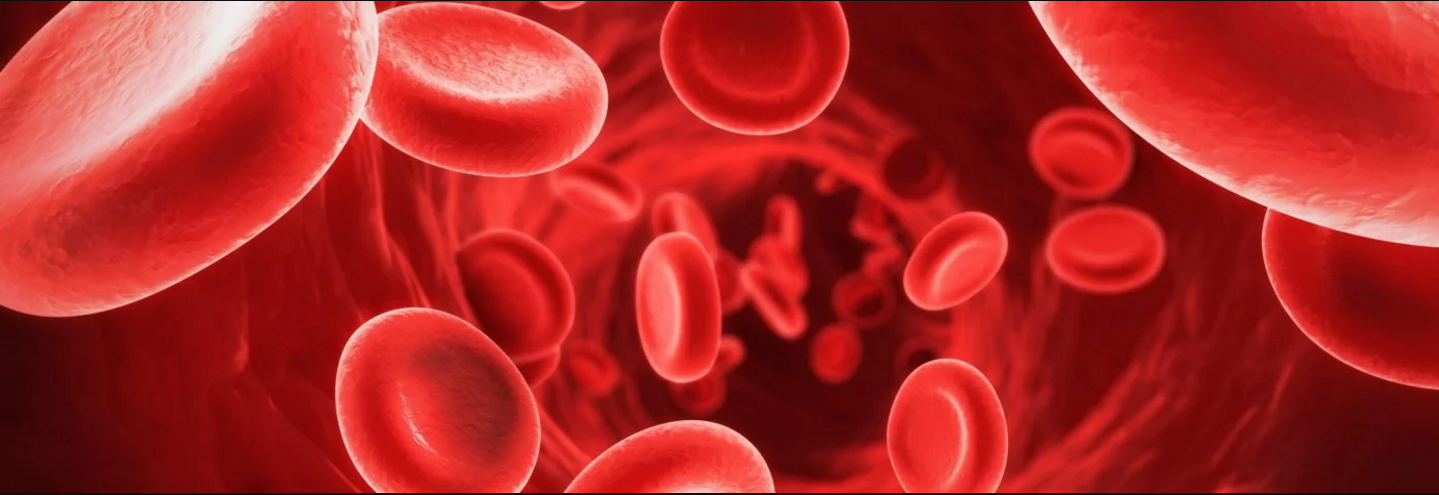DISCLAIMER
The information and materials accessed through or made available for use on any of our Sites, including, any information about diseases, conditions, treatments, or medicines, are for informational purposes only. The Content is not intended to be and is not a substitute for professional medical advice, diagnosis, or treatment, and your participation on our Sites does not create a healthcare professional-patient relationship. You should consult a doctor or other qualified health care professional regarding any questions you have about your health or before making any decisions related to your health or wellness. Call your doctor or 911 immediately if you think you may have a medical emergency.compose your message
message sent
email sent successfully
Trusted Resources: News & Events
Latest announcements and gatherings
Young Sickle Cell Patients Who Don’t Take Medication Have Lower Quality of Life
Adolescents and young adults with sickle cell disease (SCD) who don’t regularly take the medication hydroxyurea (or who don’t adhere to prescribed instructions) are generally those with medication-taking barriers such as forgetfulness, lack of access, poor medication knowledge, fear of side effects, or doubts about the drug’s treatment, according to new research. Patients with more barriers to taking their medication tended to have a lower quality of life.
The study, “Barriers to hydroxyurea adherence and health-related quality of life in adolescents and young adults with sickle cell disease,” was published online in the European Journal of Haematology. The researchers focused on clarifying the relationship between these barriers and quality of life for SCD patients.

 +myBinder
+myBinderRelated Content
-
education & researchSickle cell disease and educationIt is often observed that sickle cell di...
-
education & researchA systematic review of the association between depression and health care utilization in children and adults with si...Patients with sickle cell disease (SCD) ...
-
Community CenterSickle Cell Mommies ClubThis is a place for moms with children w...
-
videos & visualsSpilled Milk – Full Documentaryhttps://www.youtube.com/watch?v=q-0yRce-...
-
Community CenterFind Patient Assistance With FundFinder, The Patient Access Network (PAN) FoundationAre you tired of monitoring the status o...
-
Community CenterReal Stories From People Living With Sickle Cell DiseaseMikeia Green was born with Sickl...
-
Community CenterWhat do we have to do?In college I raised $52 for cancer. I ...
send a message
To improve your experience on this site, we use cookies. This includes cookies essential for the basic functioning of our website, cookies for analytics purposes, and cookies enabling us to personalize site content. By clicking on 'Accept' or any content on this site, you agree that cookies can be placed. You may adjust your browser's cookie settings to suit your preferences. More Information
The cookie settings on this website are set to "allow cookies" to give you the best browsing experience possible. If you continue to use this website without changing your cookie settings or you click "Accept" below then you are consenting to this.
Support for this site is provided by

This platform is made possible through a partnership with the Sickle Cell Disease Association of America, Inc. (SCDAA) and its member organizations. SCDAA's mission is to advocate for people affected by sickle cell conditions and empower community-based organizations to maximize quality of life and raise public consciousness while advancing the search for a universal cure.




